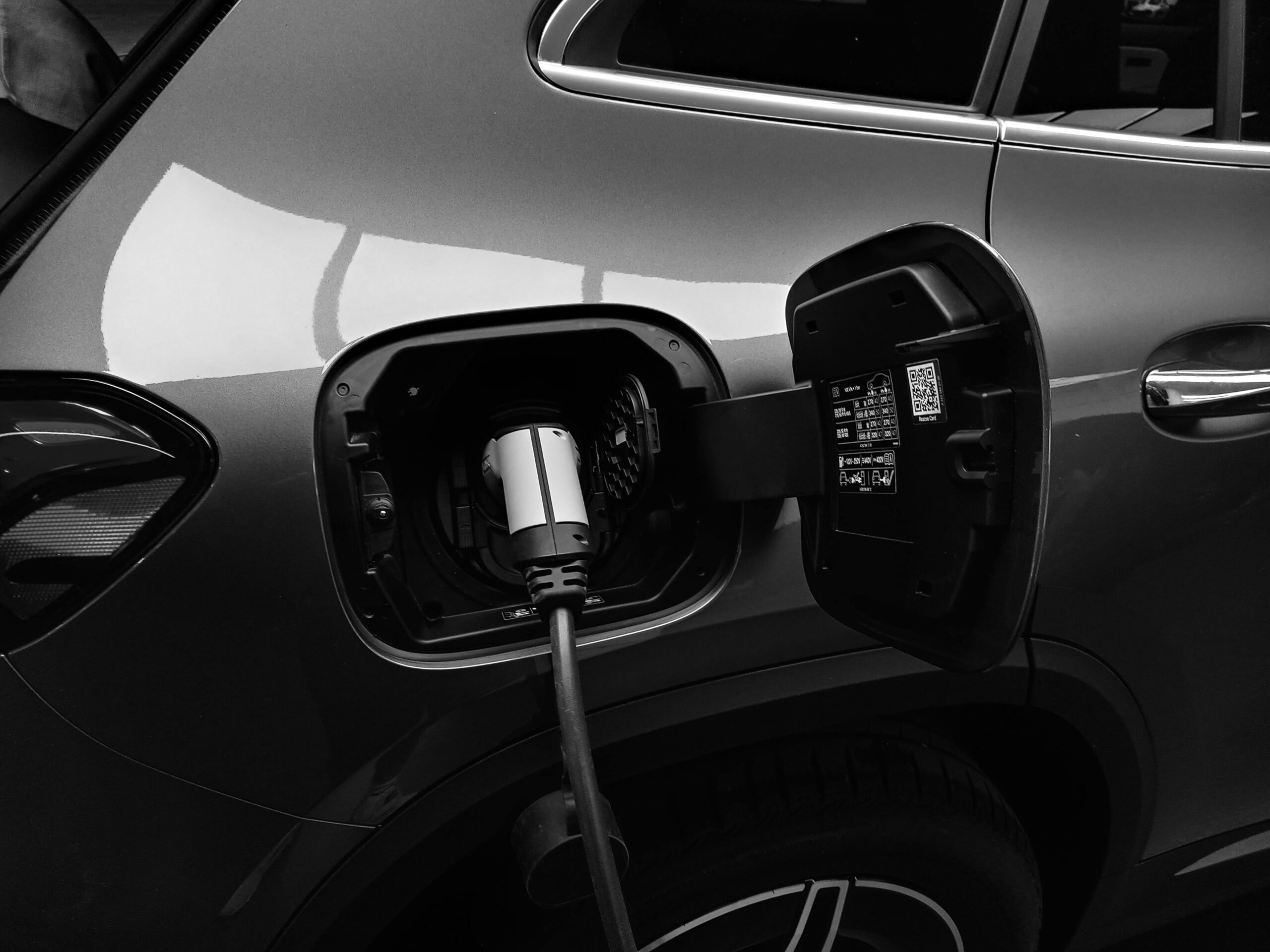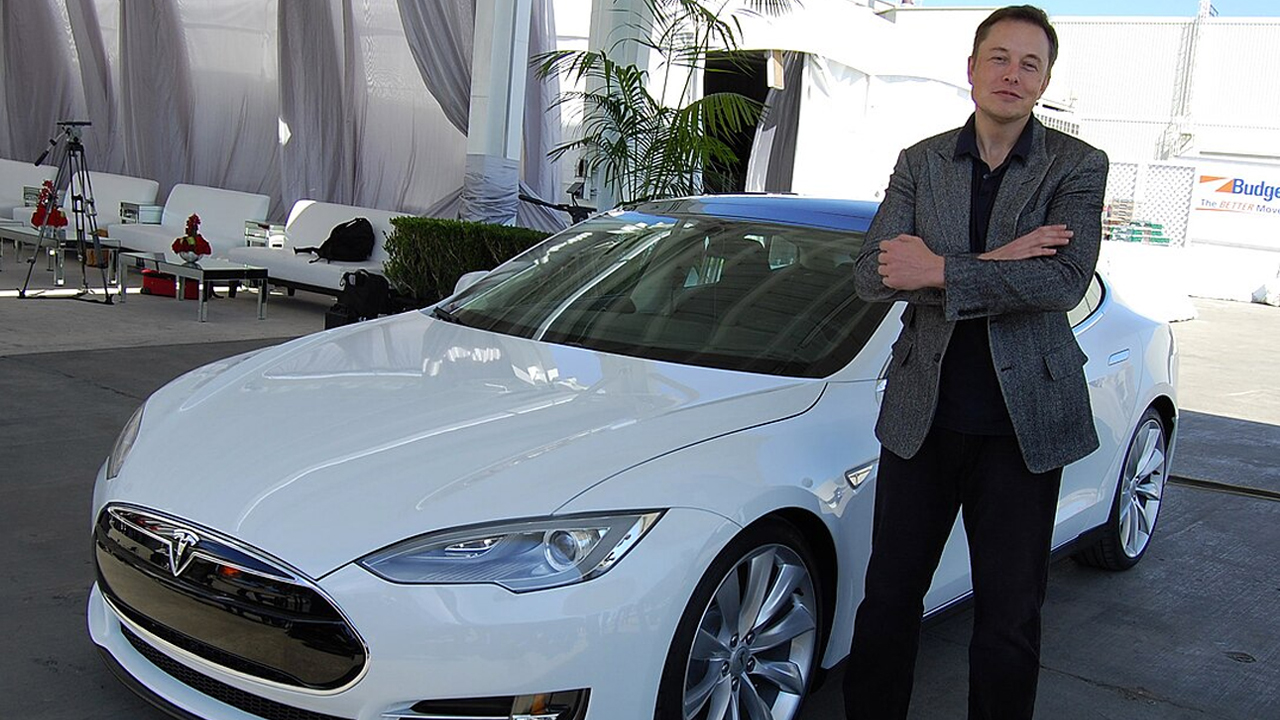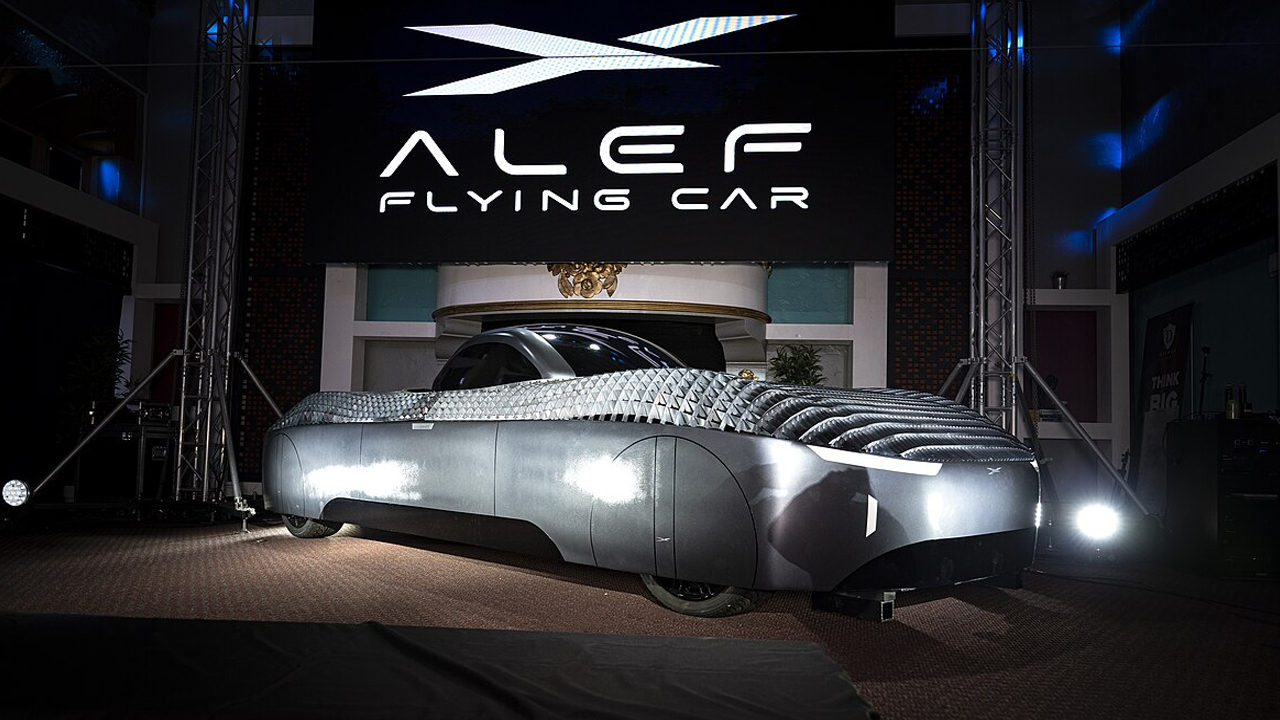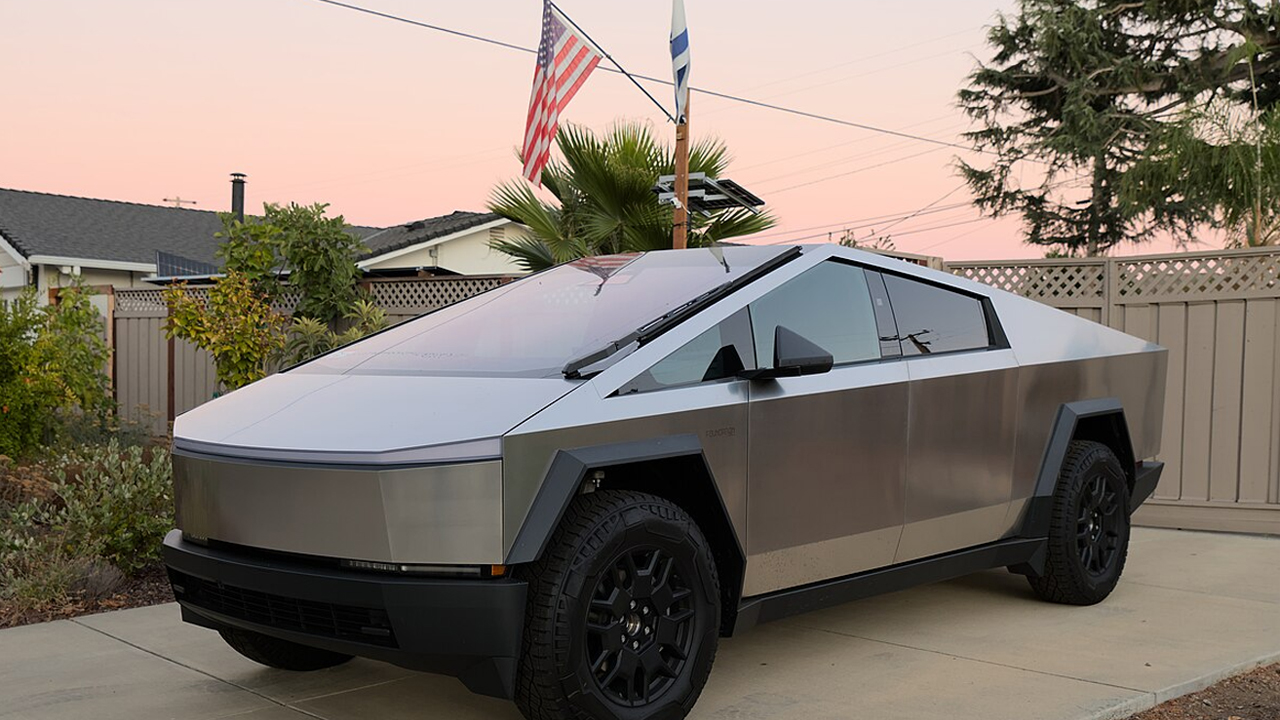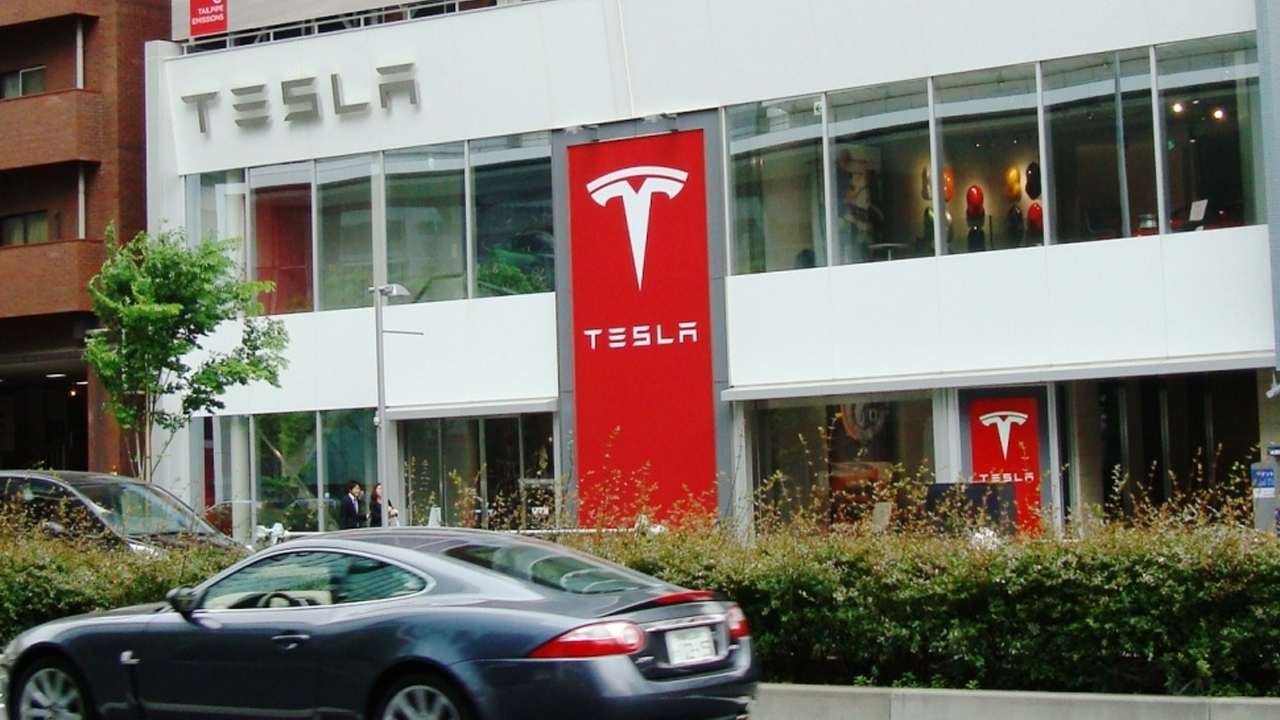While Tesla often dominates the electric vehicle conversation, several other brands are making significant strides in the EV market, offering compelling alternatives without any ties to Elon Musk. Let’s explore six noteworthy EV manufacturers that are giving Tesla a run for its money.
BYD
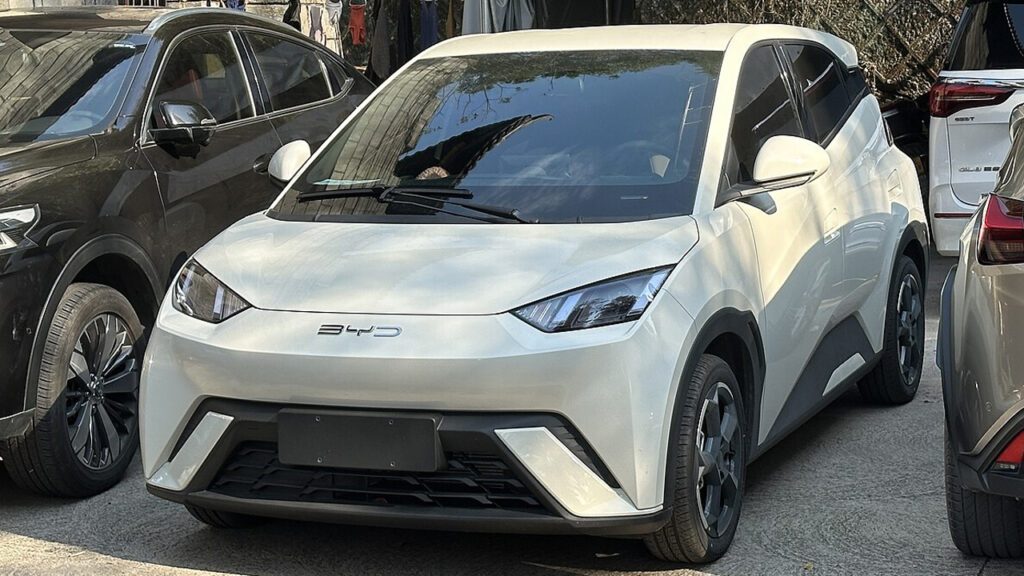
Based in China, BYD has rapidly emerged as a formidable player in the EV arena. Originally a battery manufacturer, BYD leveraged its expertise to produce electric cars that are both efficient and affordable. In 2024, the company reported an impressive $107 billion in annual revenue, surpassing Tesla’s $97.7 billion. (Source: The Times)
The brand’s global expansion has been noteworthy, with a significant presence in markets like the UK, where it has become the fastest-growing car brand. BYD’s strategy of integrating battery production with vehicle manufacturing allows for cost efficiencies that are challenging for competitors to match. This vertical integration positions BYD as a serious contender in the global EV market. (Source: Wired)
Nio
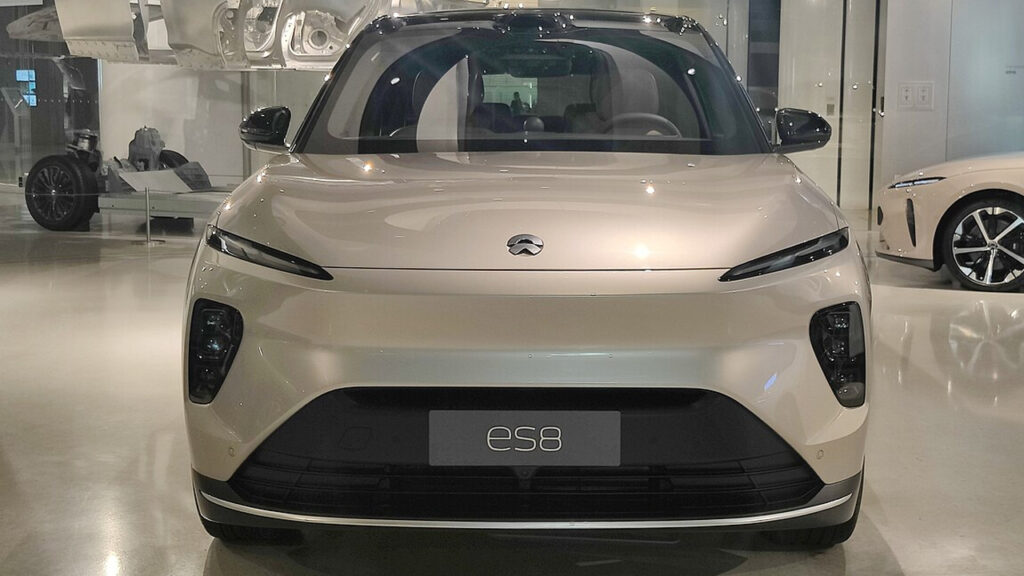
Nio, another Chinese manufacturer, has gained attention for its premium electric vehicles and innovative battery-swapping technology. Founded in 2014, Nio offers a range of models, including the ES8 SUV and the ET7 sedan, catering to consumers seeking luxury and performance. The company’s battery-swapping stations provide a unique solution to charging concerns, allowing drivers to exchange depleted batteries for fully charged ones in minutes. (Source: Reuters)
Beyond its domestic success, Nio has been expanding into European markets, aiming to establish a global footprint. The brand’s focus on customer experience, coupled with its technological innovations, positions it as a strong alternative to Tesla for those seeking high-end EV options. (Source: The Times)
Lucid Motors
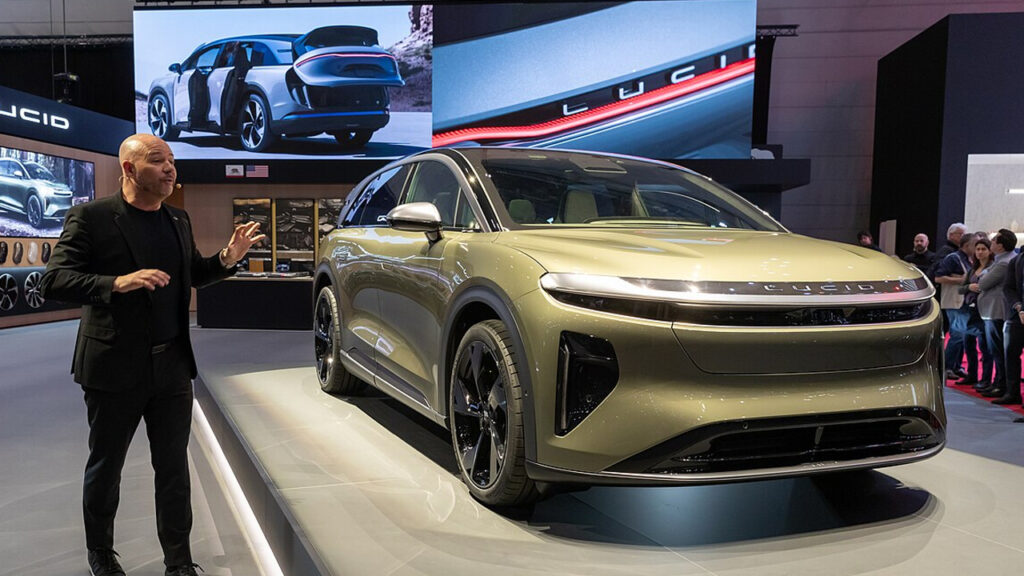
Based in the United States, Lucid Motors has made waves with its luxury electric sedan, the Lucid Air. The Air boasts an EPA-rated range of up to 520 miles, surpassing many competitors, including Tesla. Lucid’s emphasis on performance and luxury appeals to consumers looking for a premium EV experience. (Source: Barron’s)
The company’s focus on in-house technology development, particularly in battery and powertrain systems, has garnered industry recognition. Lucid’s approach to combining efficiency with luxury positions it as a compelling choice for those seeking an alternative to Tesla’s offerings.
Volkswagen

Volkswagen, a stalwart in the automotive industry, has been making significant strides in the EV sector with its ID series. The ID.7, for instance, is designed to compete directly with Tesla’s Model S, offering a blend of performance, range, and the brand’s renowned build quality. Volkswagen’s commitment to electrification is evident in its substantial investments and diverse EV lineup. (Source: Business Insider)
The company’s global presence and established reputation provide a sense of reliability for consumers transitioning to electric vehicles. Volkswagen’s approach to combining traditional automotive expertise with modern EV technology makes it a noteworthy contender in the market.
Hyundai
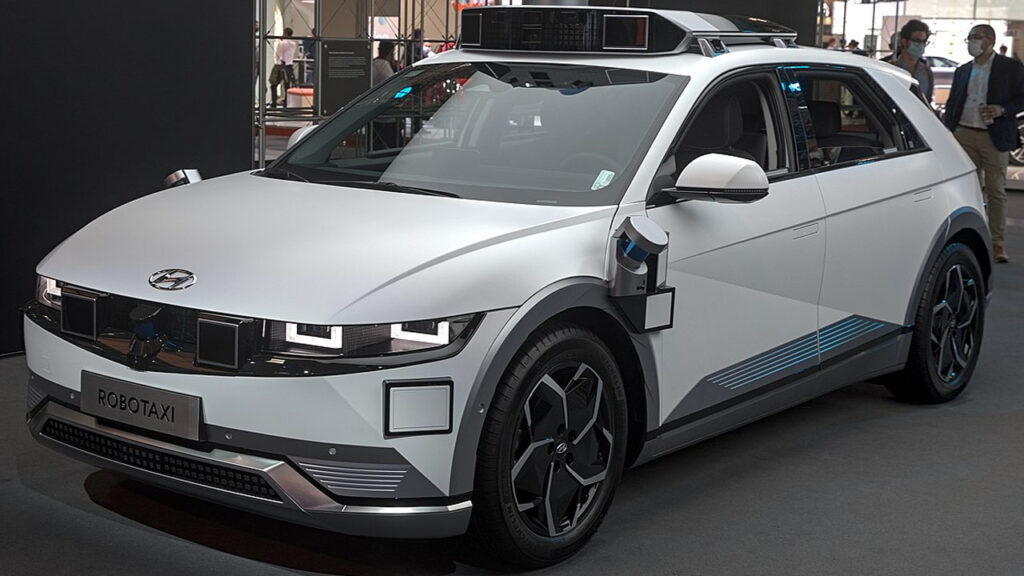
Hyundai has emerged as a strong competitor in the EV market with models like the Ioniq 5 and Kona Electric. These vehicles offer impressive range, modern design, and a suite of technological features at a price point that undercuts many competitors. Hyundai’s focus on accessibility and practicality has resonated with a broad range of consumers.
The brand’s commitment to expanding its EV lineup and investing in battery technology indicates a long-term strategy aimed at capturing a significant share of the EV market. Hyundai’s blend of affordability, reliability, and innovation positions it as a viable alternative to Tesla for many buyers.
Polestar
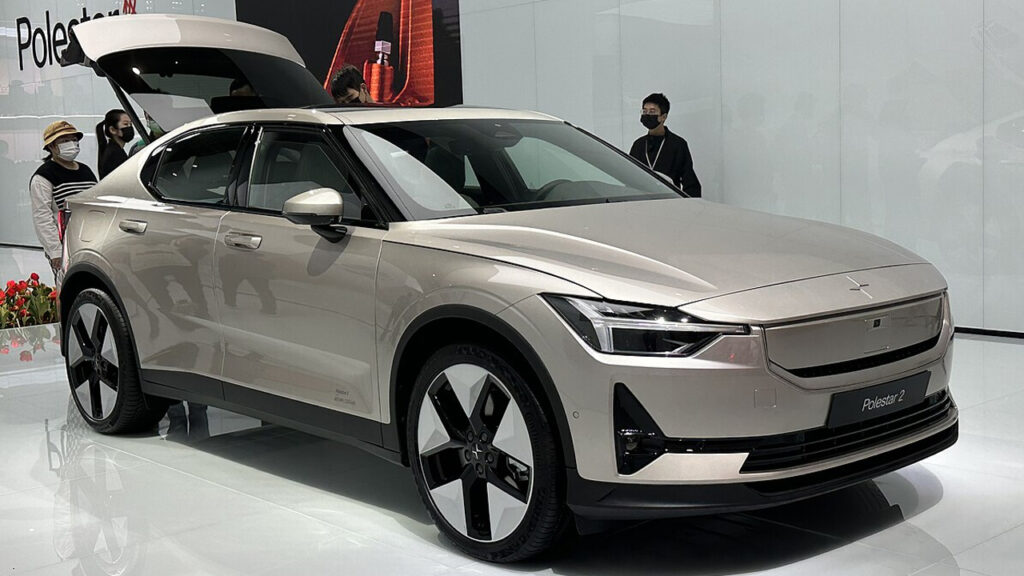
Polestar, a Swedish brand born from Volvo’s performance division, has carved out a niche in the EV market with its focus on minimalist design and performance. The Polestar 2, a fully electric fastback, offers a compelling mix of style, technology, and driving dynamics. Polestar’s emphasis on sustainability and ethical manufacturing practices also appeals to environmentally conscious consumers. (Source: Autocar)
By leveraging Volvo’s safety heritage and engineering expertise, Polestar delivers vehicles that combine Scandinavian design aesthetics with practical performance. This approach makes Polestar an attractive option for those seeking an EV that stands apart from the mainstream.
These six brands exemplify the dynamic and rapidly evolving landscape of the electric vehicle market. Each one offers something Tesla doesn’t—whether it’s faster charging, battery swaps, high-end comfort, or simply a fresh approach to the EV experience.
And the best part? None of them are tied to Elon Musk. That means a broader field of innovation, different priorities, and more competition pushing the entire industry forward. Whether you’re looking for your next car or just watching the market heat up, these are the names to keep on your radar.
